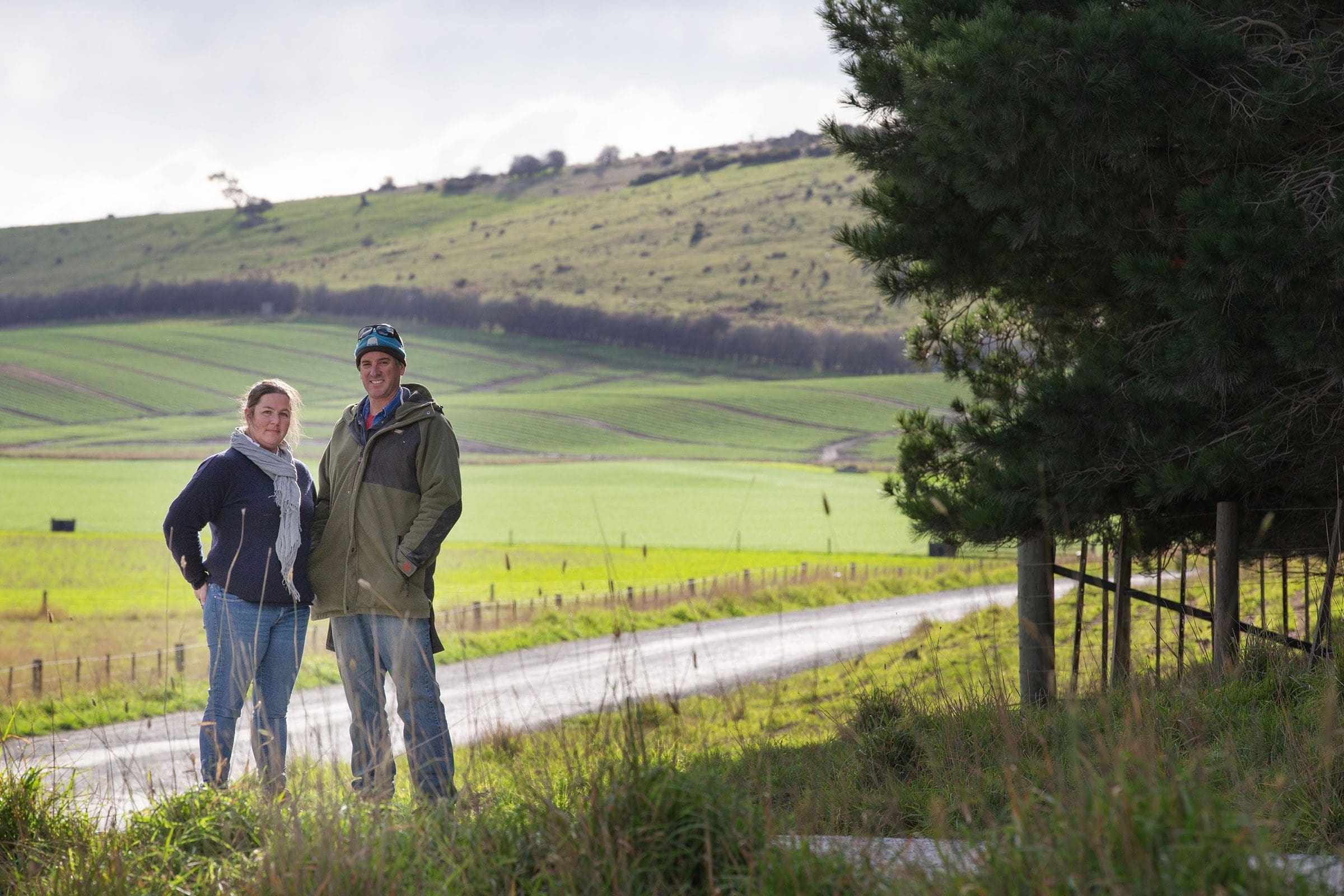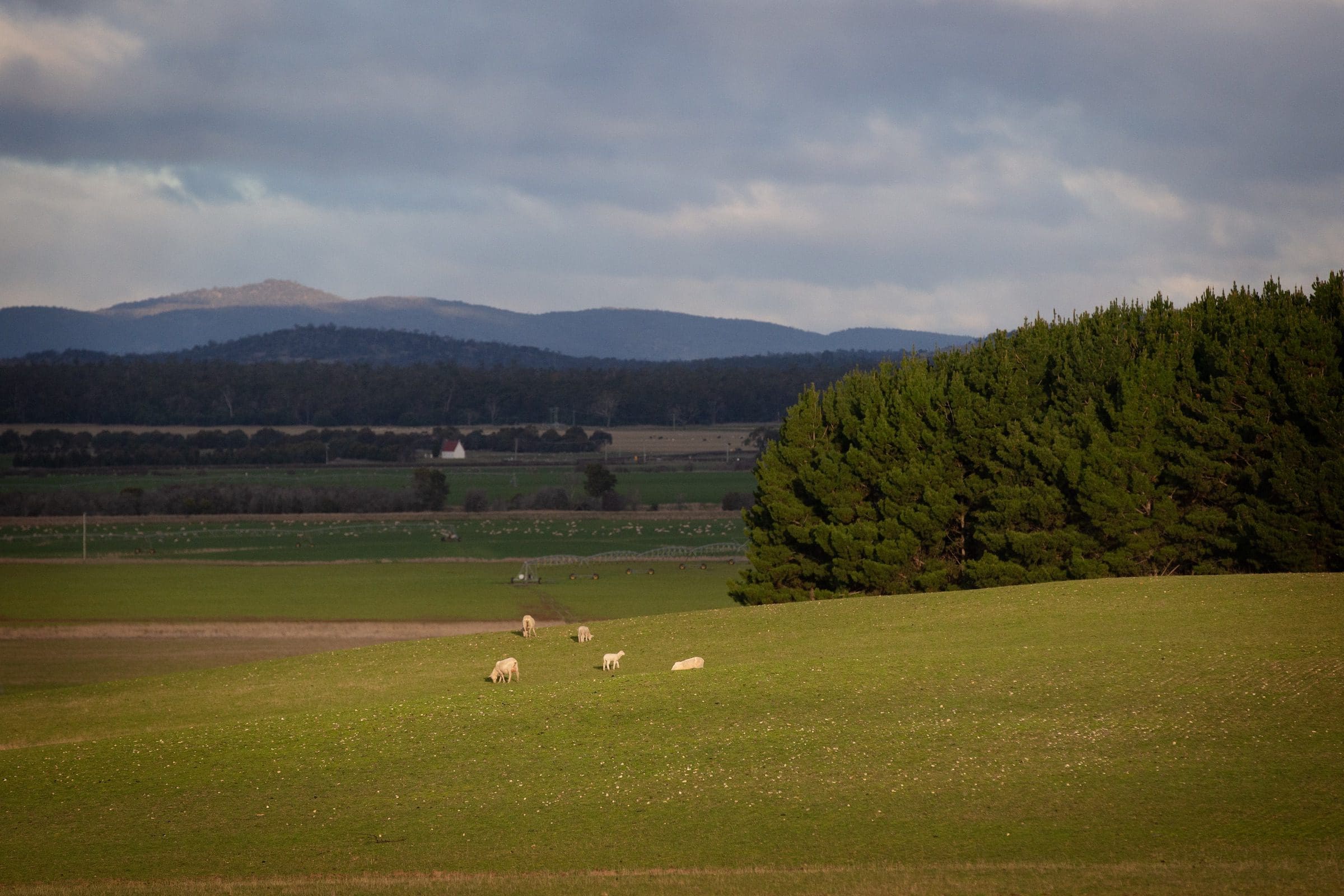
In previous years, the value proposition for growing commercially viable trees has been less attractive than other agricultural pursuits for many farmers. The high price of land, the high price of beef and lamb, fluctuating timber markets, along with the complexity of successfully growing trees have outweighed the benefits of trees on farms. But according to the global forestry asset manager, New Forests, the parent company of ActivAcre, carbon markets and the growing demand for timber have just tipped the scales in favour of trees on lower productivity farmland.
ActivAcre is all about supporting the highest and best use. And in many cases, other agricultural pursuits will still win out over trees, but carbon markets are making the equation profitable on lower productivity land like hillsides for woodlots.
Environmentally, it’s well known that forests contribute to climate change mitigation, but carbon markets now recognise that contribution in dollar terms.
As the carbon price started to rise in Australia, the economics of trees on farms shifted.
The economic margin at which some lower productivity land is better off having forestry instead of other agriculture has changed, and areas that are not particularly productive for agriculture quickly flip into being better off being used for forestry. Enter ActivAcre.
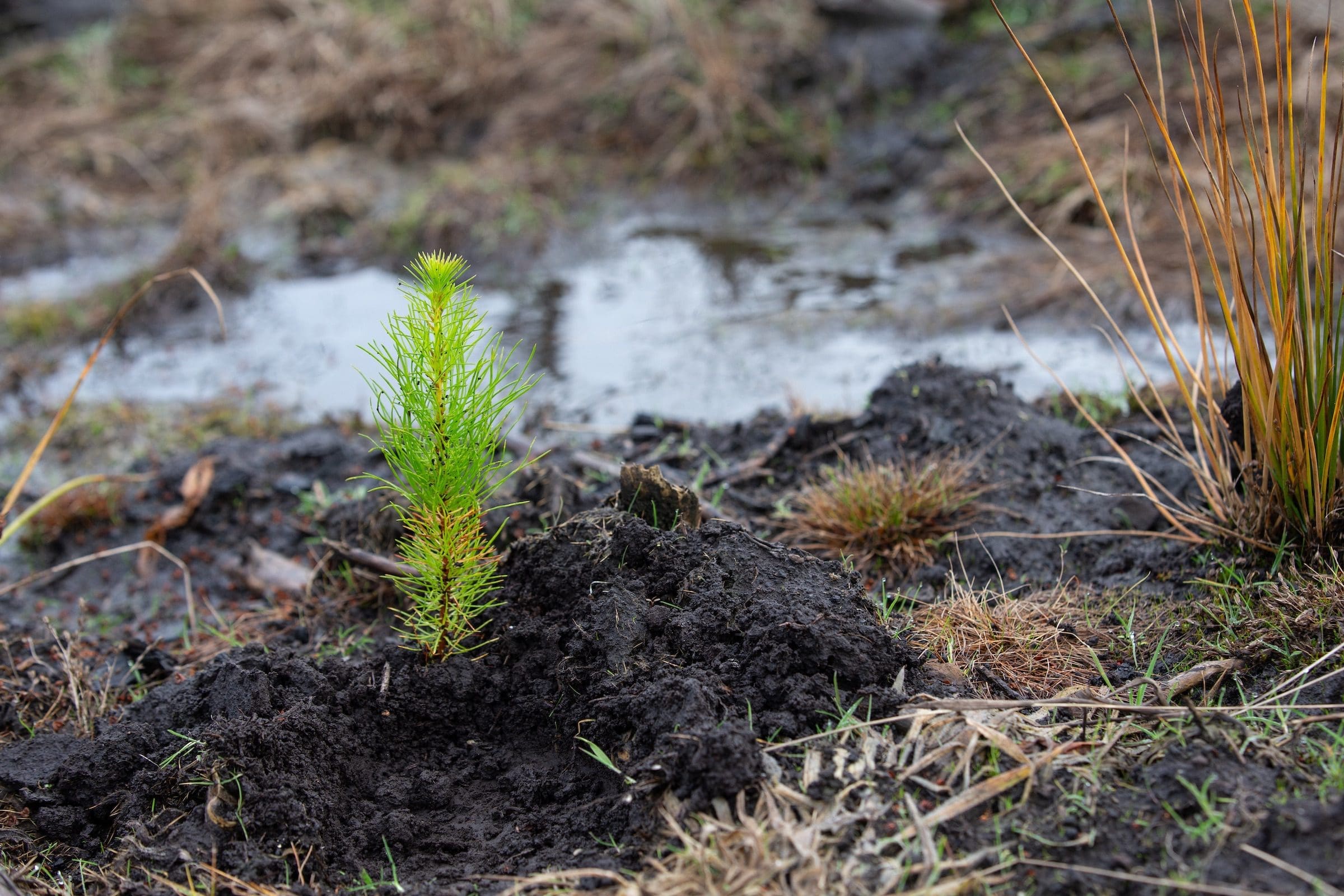

The global demand for timber is set to quadruple by 2050. In Australia, demand is already outstripping supply, and the shortfall is met by imports. But with global demand on the rise and global supply in decline, Australia is set to have a major shortage of timber for housing by 2035. The Australian Forest Products Association estimates we’ll be 250,000 house frames short.
The number of houses and townhouses approved in Australia remains at record levels and housing demand will continue to grow as Australia’s population expands. Houses and townhouses are the largest consumer of wood products in the building market.
Demand for sawn softwood will hit 6.5 million m3 per annum before 2050. In 2021 Australia’s supply of softwood was only 3.6 million m3. The shortfall is currently imported – but the global supply of softwood is in decline by 0.2% per annum.
The answer? Australia needs to plant 400,000 new hectares of plantations by 2030.
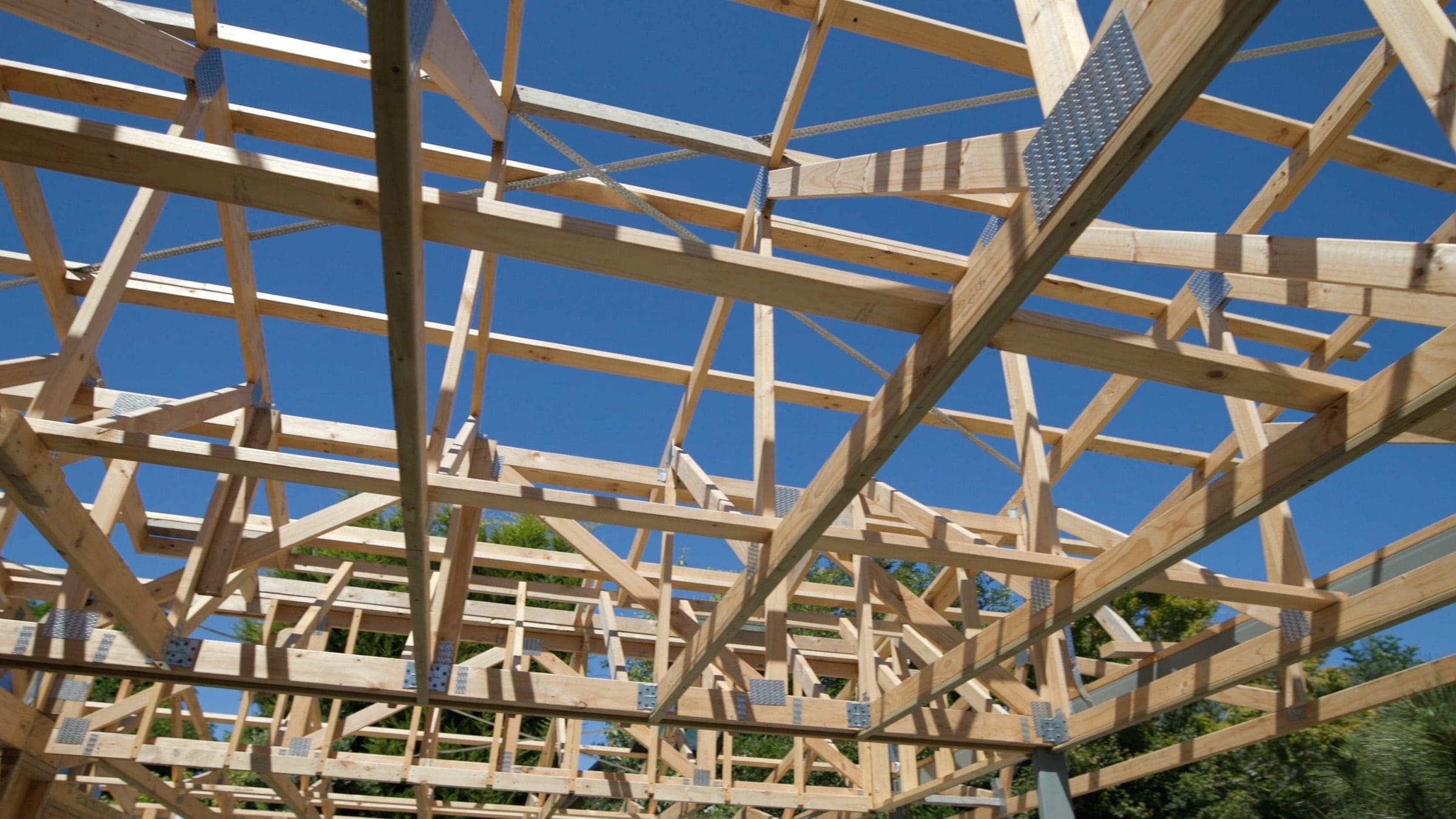
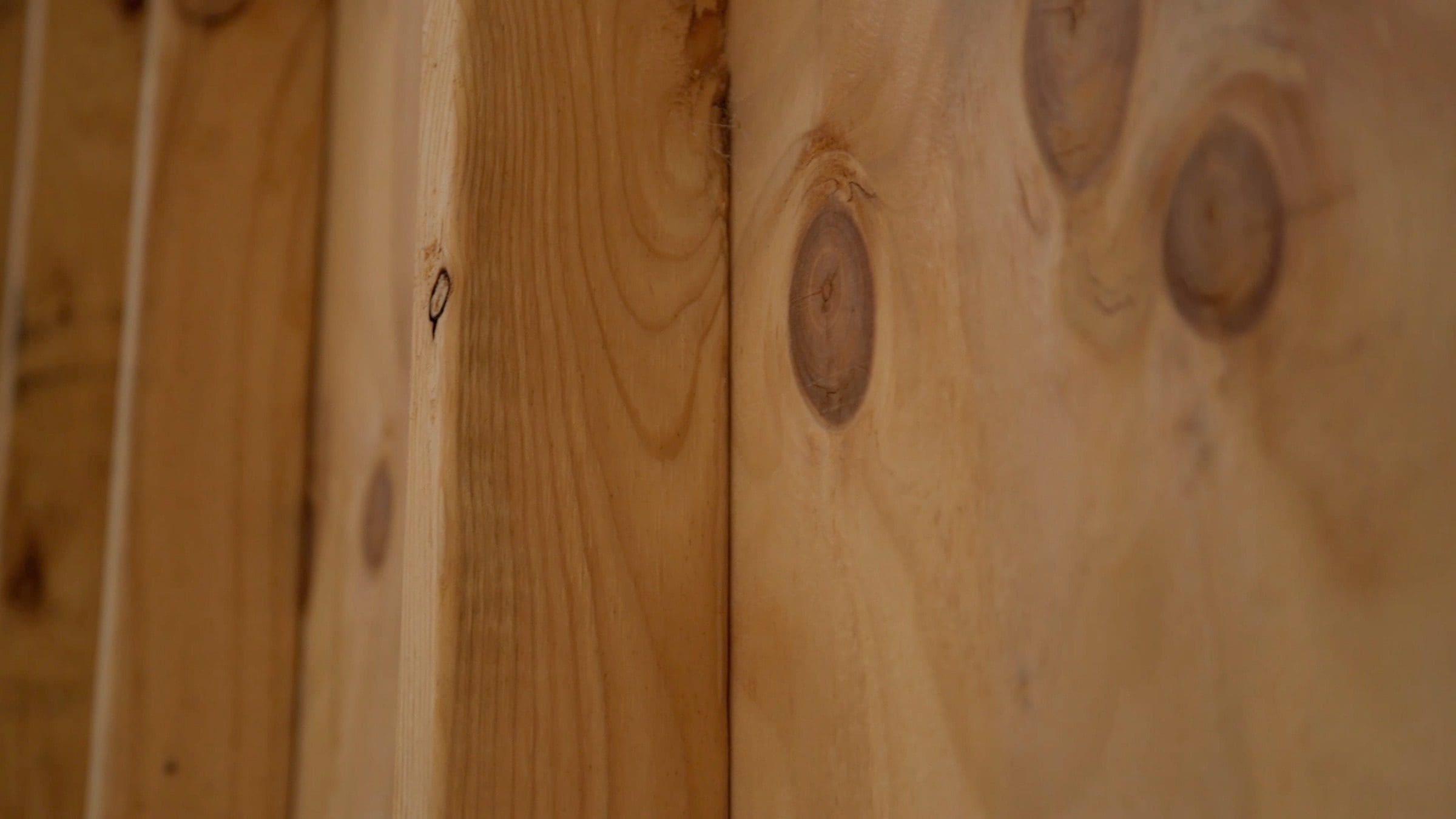
Planting the right trees in the right place on farms has been shown to increase farm profitability and productivity and deliver great environmental outcomes. In particular, ‘farmscaping’ that provides shelter for livestock and wind protection for crops has increased yields substantially. In addition, trees regulate freshwater, improve soil quality and reduce erosion. But these benefits have been harder to quantify than other on-farm activities, leaving trees at the bottom of many farmers’ toolkits.
Through ActivAcre, farmers can adjust the lease arrangement to suit their individual on-farm needs for shelter and environmental plantings to ensure the productivity of all their agricultural pursuits is maximised while protecting the land for the future.


ActivAcre has sophisticated technical tools that combine carbon modelling with other variables like rotation length, greenfield versus brownfield, and site productivity that assess the potential returns from a forest. And by aggregating lots of small forests across many farms, they can also increase efficiency to deliver great returns to their investors and the landowners.
By aggregating together, ActivAcre achieves a better return than landowners could obtain on their own.
Operating across many farms, ActivAcre can organise all the forestry aspects more efficiently, how and when it’s going to be harvested and have a scale that generates better returns for everyone while eliminating complexity for individual farmers.
To find out more about ActivAcre, and how much you could earn through a lease agreement, set up a meeting.
ActivAcre Marks One Million Trees Planted

Clear your gorse with new technology.
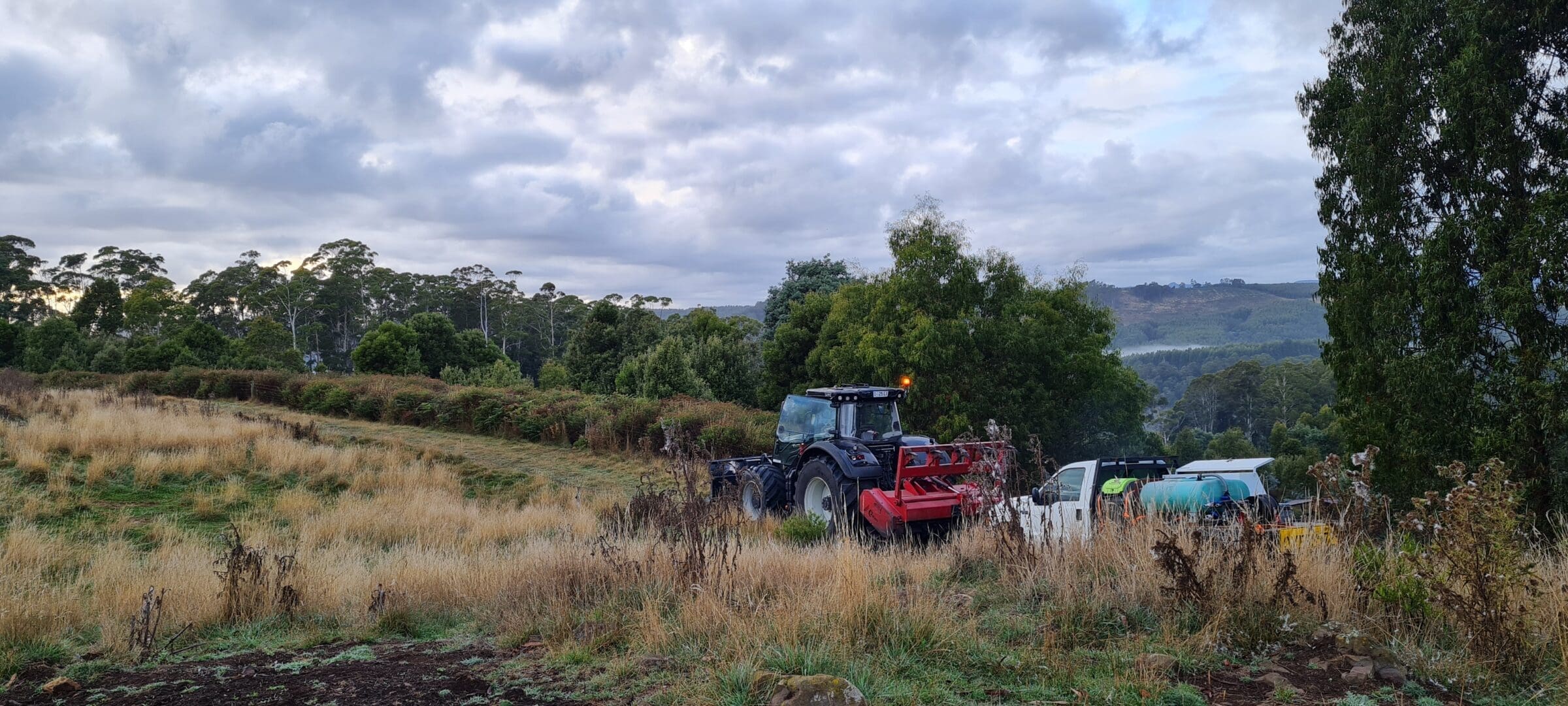
SFM leading the way in employment diversity
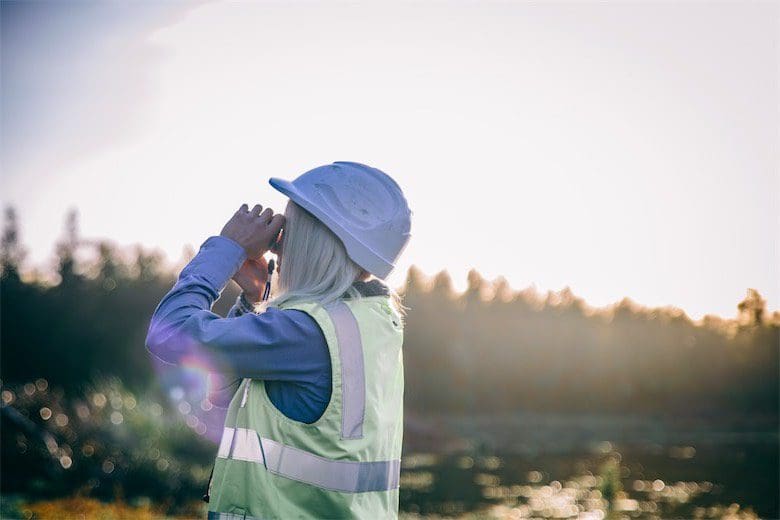
ActivAcre in Action – A Farmer’s Journey
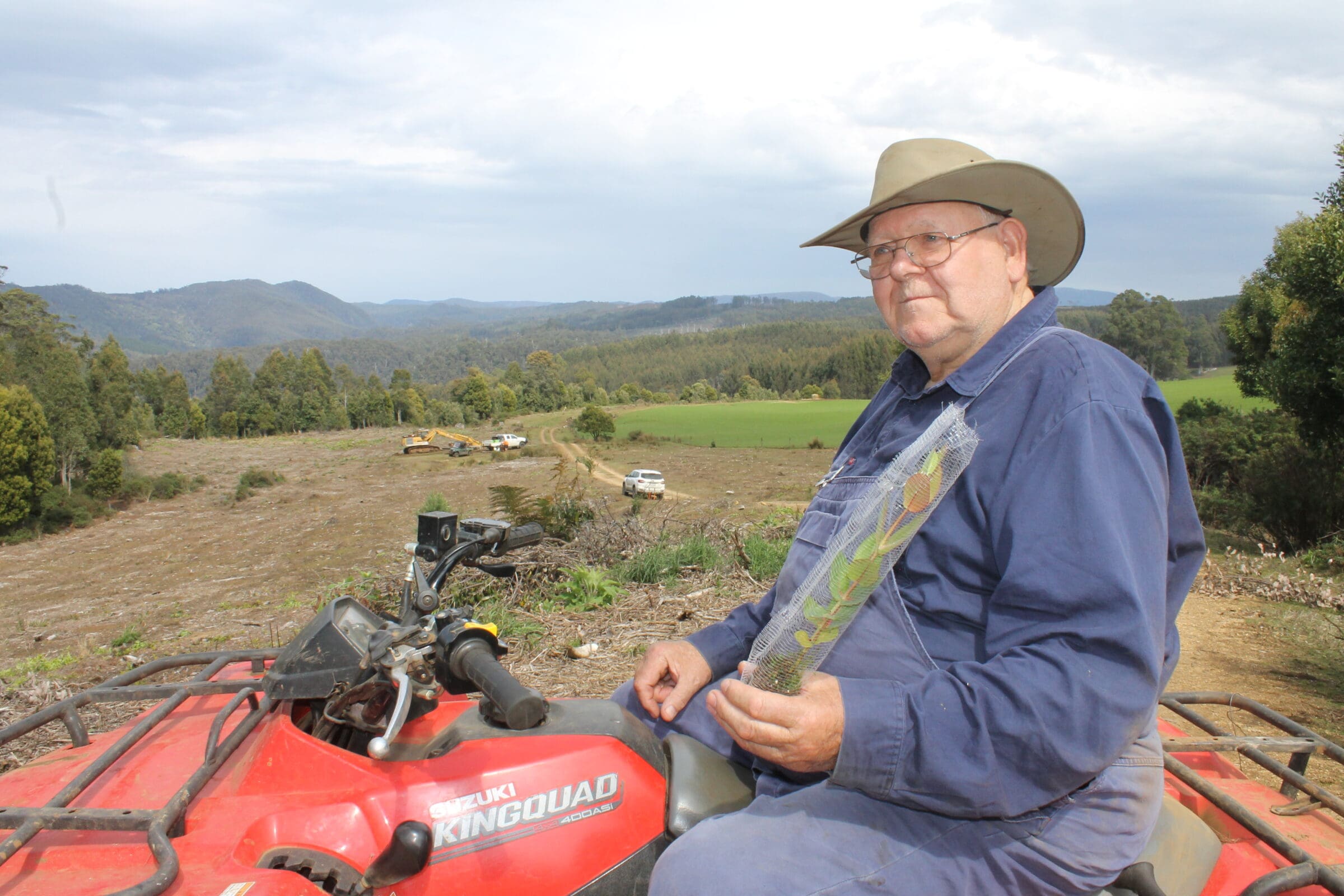
Access to Carbon Forestry Projects for southern Tasmanian landowners
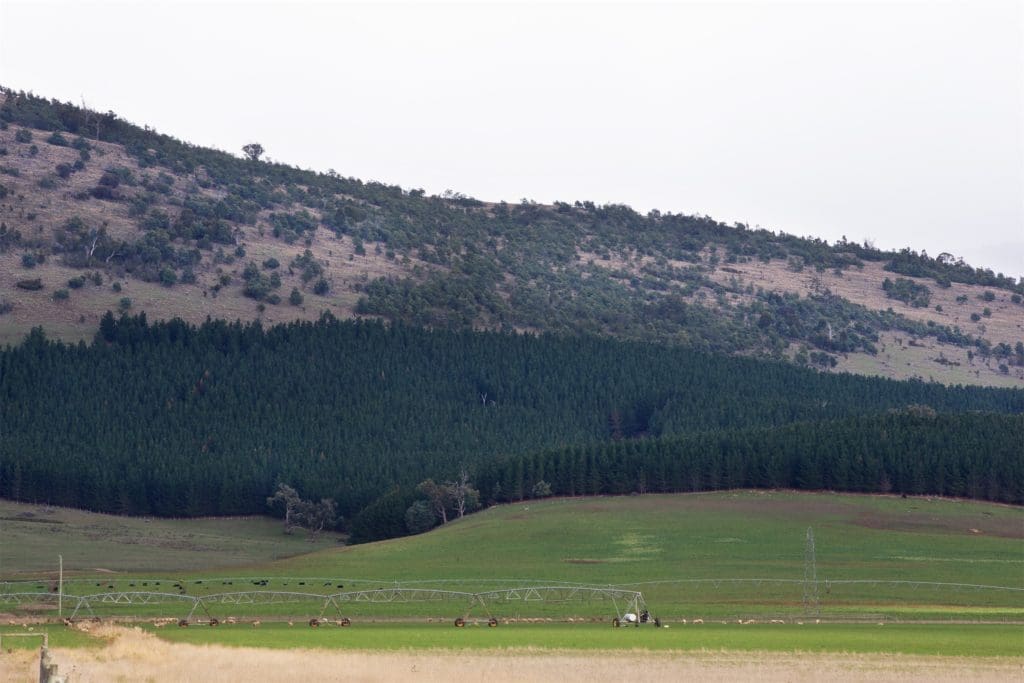
ActivAcre is an active partnership between industry and farmers
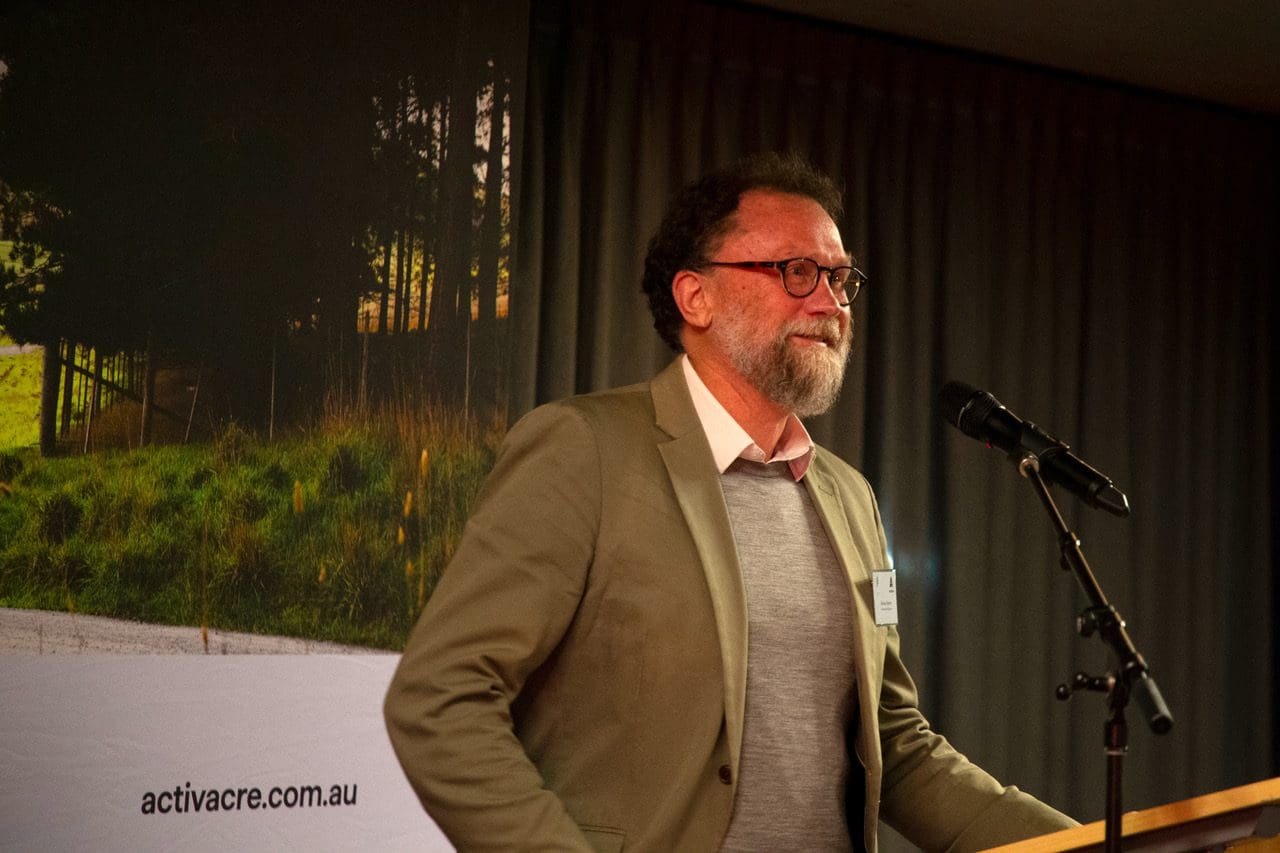
David Brand on ActivAcre and why success depends on everyone rising on the same tide
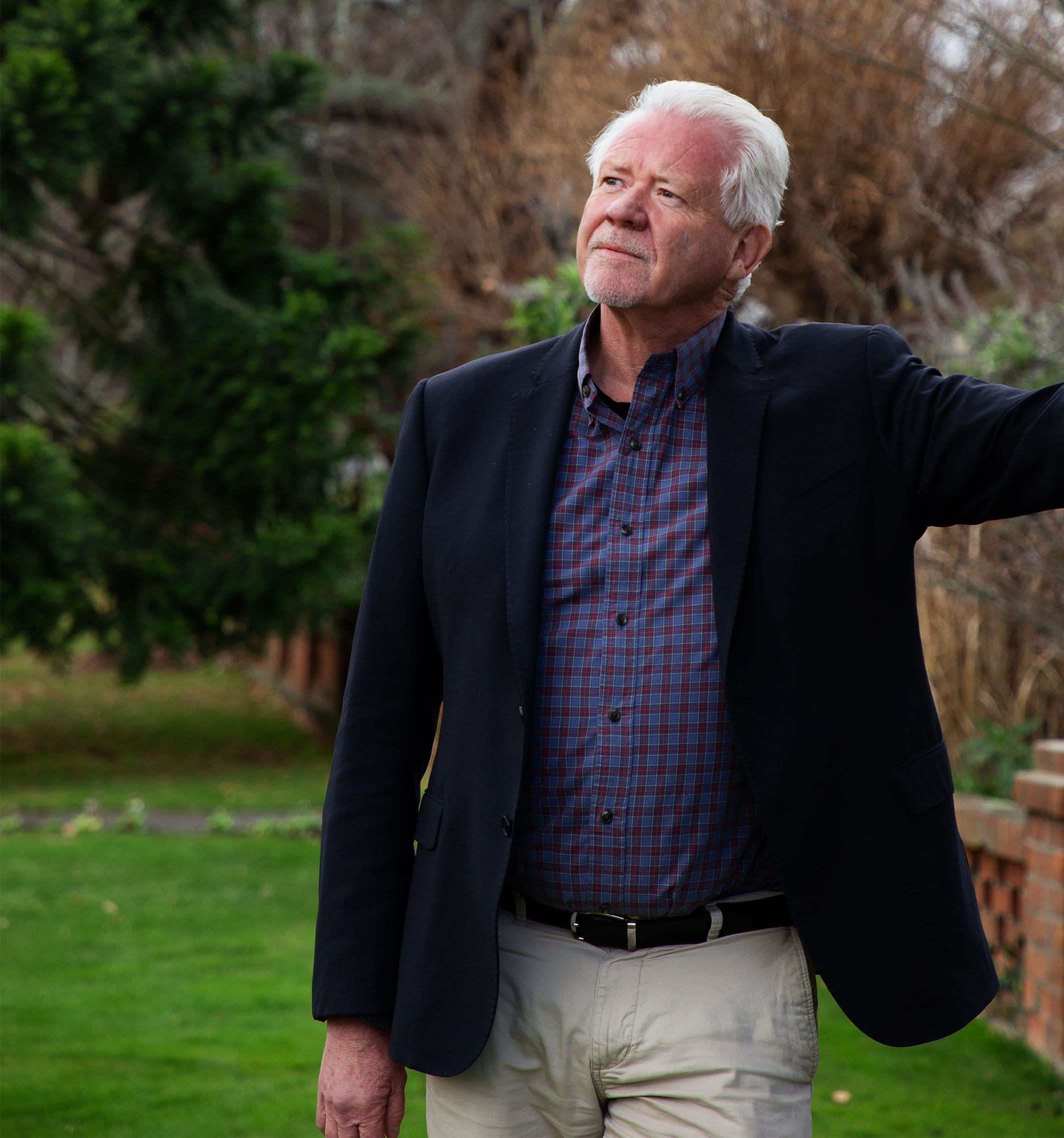
ActivAcre Program heralds a new era in Tasmanian agroforestry
